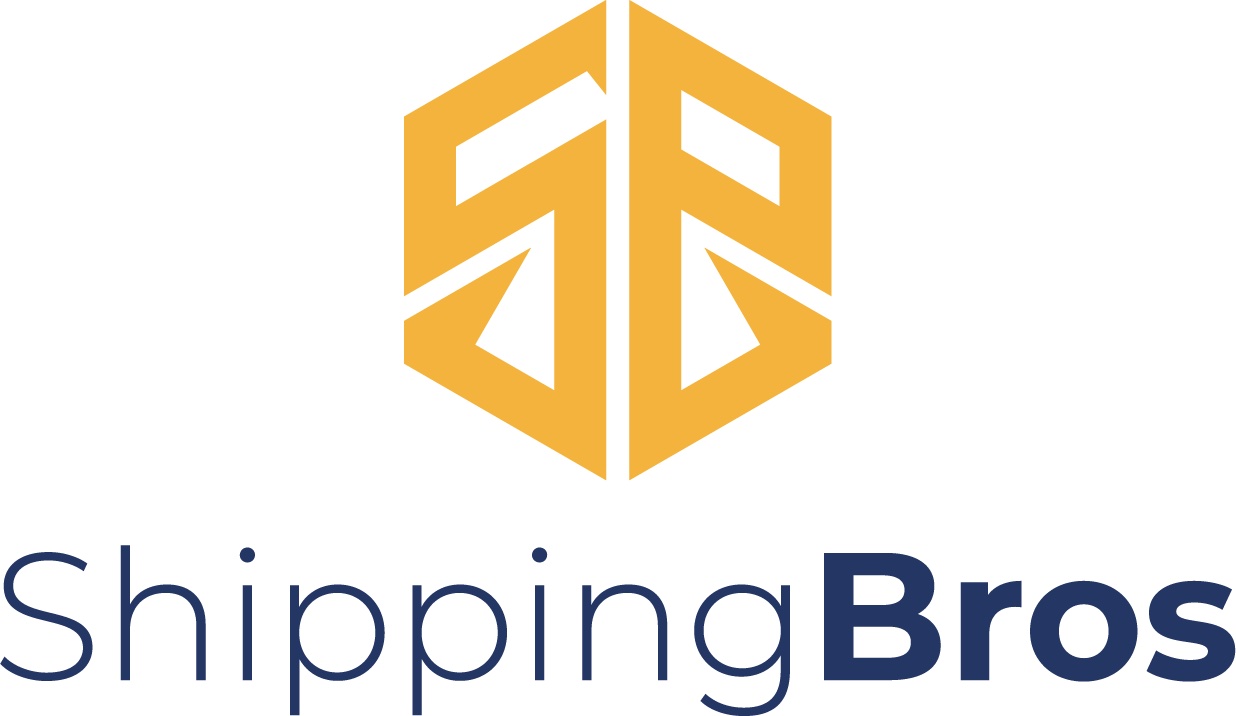Understanding Incoterms: A Guide for International Shipping
In the realm of global trade, understanding the intricacies of international shipping is crucial for businesses engaged in e-commerce fulfillment. Incoterms, or International Commercial Terms, are a set of standardized rules that define the rights and responsibilities of buyers and sellers when it comes to the delivery of goods across borders.
Incoterms serve as a common language for international trade, ensuring that all parties involved have a clear understanding of the terms and conditions of a transaction. These rules cover crucial aspects such as the division of costs and the transfer of risks associated with shipping goods.
For businesses involved in e-commerce fulfillment, selecting the appropriate Incoterm is vital to ensure successful and efficient international shipping. There are eleven Incoterms in total, each representing a different set of obligations for both the buyer and the seller.
Let’s take a closer look at some key Incoterms that are particularly relevant to e-commerce fulfillment:
1. EXW (Ex Works): In this scenario, the seller makes the goods available at their own premises, and the buyer assumes most of the responsibilities and costs associated with transportation.
2. FOB (Free on Board): Under this Incoterm, the seller is responsible for delivering the goods to the port of loading, while the buyer bears the costs and risks from that point onward.
3. CIF (Cost, Insurance, and Freight): With CIF, the seller is responsible for delivering the goods to the port of destination, paying for the insurance and freight costs. The buyer is then responsible for unloading and customs clearance.
By understanding these and other Incoterms, e-commerce businesses can determine the most suitable option for their international shipping needs. Factors such as the size and nature of the goods, the destination country, and the level of control desired by the buyer/seller should be taken into consideration when selecting an Incoterm.
Furthermore, e-commerce businesses must also consider the legal implications of their chosen Incoterm. These terms are recognized by international legislation, including the United Nations Convention on Contracts for the International Sale of Goods (CISG). Familiarizing oneself with the legal requirements associated with Incoterms will help businesses avoid any potential disputes or complications.
Ultimately, understanding Incoterms is crucial for e-commerce fulfillment in order to facilitate seamless international shipping and ensure that all parties involved have a clear understanding of their rights and responsibilities. By selecting the appropriate Incoterm and considering legal implications, businesses can navigate the complexities of global trade and thrive in the world of e-commerce.
************
Want to get more details?
Shipping Bros
https://www.shippingbros.com/
Shipping Bros warehouses, preps, and ships goods for people who sell products online.
For more information on Ecommerce fulfillment contact us anytime.

